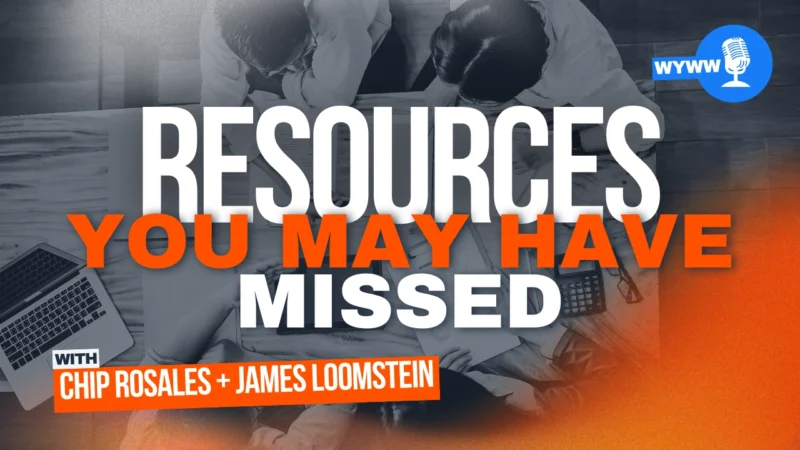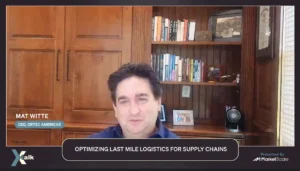Seeking Higher Ground: Texas Economics and Politics in a Post-Harvey World
In 2017, Hurricane Harvey brought catastrophic rainfall and flooding to the greater Houston area and Southeast Texas. Estimates place the financial toll of the storm at $125 billion (unadjusted for inflation) – tying Hurricane Katrina as the costliest tropical cyclone on record. Despite the unprecedented flood damage from Harvey’s relentless rains, Texas communities were able to reverse their fortunes with great speed, aided by the state’s powerful economic position. Supported by a robust energy sector, the Lone Star State maintains a LIFO economy (Last In to a recession, First Out of a recession) and continues to experience strong expansion, bringing prosperity to all corners of our state as we head into 2019.
Texans stay and rebuild
Inspiring stories of neighbors helping neighbors, community re-birth and the courage of individuals to stay and rebuild Houston and the Texas coast abounded after the deluge of Harvey. The extent to which Texans have chosen to re-build and re-settle is unprecedented and hopeful. In the wake of Harvey, Houston’s Harris County residents voted to pass a $2.5 billion referendum for infrastructure and flood mitigation projects, passing with 86 percent support. While the immediate financial impact is devastating, Harvey will also have a stimulating effect on the economy, with affected areas experiencing a slight uptick in the employment rate as laborers and workers in the construction supply-chain are needed to rebuild communities.
As the Dallas Fed has noted, Texas is the nation’s “stickiest state” — job seekers come here from other states and countries, put down roots and become part of a vibrant economic story. Native Texans do the same: 82 percent of those born in Texas remain here and pursue economic opportunities here — even in the wake of catastrophe. Texas thrives as a result of in-migration from other states and foreign countries, low out-migration and high employment. The state unemployment rate has declined to historic lows and labor force participation rates in the state are far above the U.S. as a whole.
Texas is home to seven of the nation’s 15 fastest growing cities (from July 2016 to July 2017). The Midland-Odessa area alone has grown more than 20 percent since 2010 to nearly 350,000 people due to a thriving energy sector. But even during a slowdown in energy, the state’s richness in natural resources and ability to create jobs are the envy of the nation.
Texas: It’s not just oil wells
A booming energy sector led by oil and gas production propels the Texas economy unprecedented heights. Fully half the oil rigs in the country are in Texas, and our contribution to domestic oil production is the key to the U.S. overtaking Russia and Saudi Arabi as the world’s largest oil producer. However, Texas is also the only state in the nation that can produce both citrus fruit and winter wheat in abundance. In between the Rio Grande Valley and the Panhandle sit not only some of the richest oil fields in the world, but also some of the most diversified economies, whether the technology industry in the Austin/San Antonio corridor or the corporate centers of the Metroplex. Both the Austin and Dallas markets have consistently produced over 3% annual job growth — and sometimes 4% — over the last decade. During times of economic expansion in Houston, which is beginning to rise again after Harvey, achieving 3% employment growth in the last half of 2018, the state boasts three massive job-creating cities — a number unmatched by any other state. All of this growth is fueled by trade.
The NAFTA effect
The North American Free Trade Agreement (NAFTA) has also had a hand in strengthening the Texas economy since it went into effect in 1994.The agreement has facilitated trade with Mexico and helped significantly reduce unemployment rates in southern border communities. Along with energy, manufacturing and corporate headquarters, trade is vital to the Texan economy. In 2017, Port Laredo’s trade with the world rose 7% from $283 billion to $303 billion, year over year. During the first six months of 2018, Laredo’s trade with the world rose 11% from $105 billion to $117 billion compared to the same time period the previous year. Laredo isn’t just essential to Texas, but to the entire nation, as it ranks behind only the Port of Los Angeles as the country’s second busiest port of entry. Imagine that: a land-locked Texas port of entry accounts for more trade revenue than JFK, LAX or O’Hare airports or the ports of Newark or Houston.
The new demography
Fort Bend County is the future of America…America just hasn’t caught up yet. The 700,000-person county outside Houston has an ethnic breakdown of 35% Anglo, 20% African-American, 24% Hispanic and 21% Asian. The breakdown is a direct result of current Texas in-migration and birth rate patterns. More and more Texas counties will begin to resemble Fort Bend over the next few decades.
It’s no surprise that demographic and political shifts are causing conflict between cities and the surrounding suburbs on issues related to municipal budgets, policies and school governance. The 2019 legislative year will bring significant budgetary pressures that will have an impact across Texas communities, and divergent political perspectives will come together in a high-stakes legislative session focused on many key issues of the day for Texans.
The future of Texas
The leadership troika of the state, Governor Greg Abbott, Lieutenant Governor Dan Patrick and newly elected Speaker of the House Dennis Bonnen have been lock-step on two major legislative goals thus far: the reform of the school finance system and relief for local property taxpayers. While the devil is always in the details, school districts can expect a significant increase in revenue this session. One of the weak points of the Texas economy is relatively low education attainment and a lack of career and college ready skills among Texas graduates. The attention paid to this issue by the 86th Texas Legislature is essential to maintaining Texas’ position as an economic leader.
There is never a clear path to ensuring economic security. Texas is not immune to global trade wars, oil shocks, economic market collapse, drought or other natural disaster. But it is a state with a long history of innovation, risk-taking, courage and resilience. In that regard, the new Texas of increased diversity, both of ethnicity and economic opportunity, looks very much like the Texas of old.
Want to learn more?
For the latest news and insights into financial and economic issues like these, follow Weaver on LinkedIn and Twitter, or visit us at weaver.com.
Authored by Adam Jones, a management consultant and lobbyist and the former Deputy Commissioner and Chief Operating Officer of the Texas Education Agency. He is a senior consultant to Weaver on organizational governance, IT assessment and internal audit engagements.









